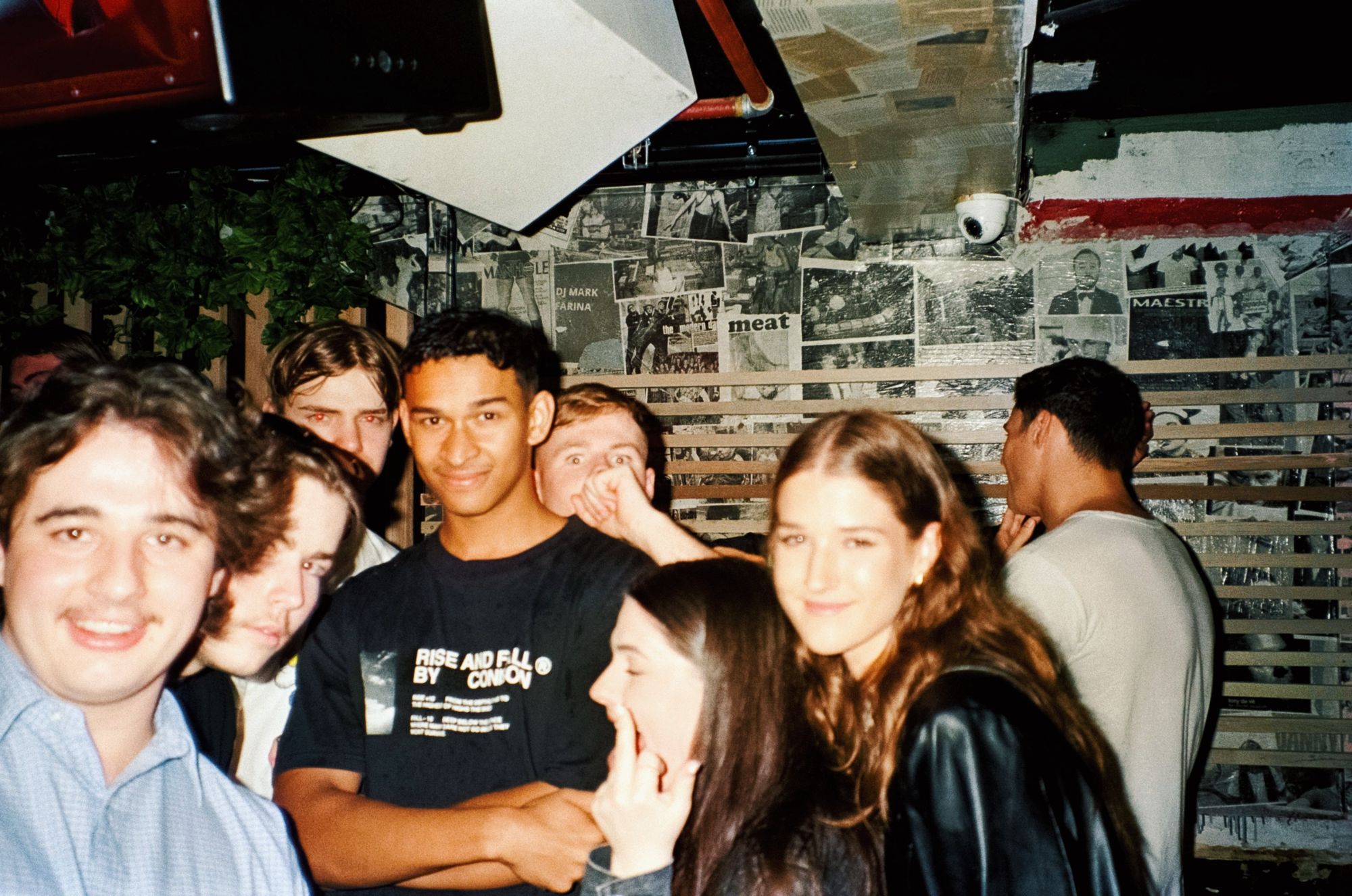By Ella Carroll, Second Year, English
With the commencement of a new academic year at Bristol University comes a new batch of freshers, flooding the streets and the clubs. But to some students, this new wave of young, dewy-eyed freshers represents not only a new cohort, but, disturbingly, a new dating pool as well. Just because second and third-years can get off with freshers, does that mean they should?
‘Sharking’, is when older second and third-year students use their social status to exploit naïve and vulnerable freshers to ‘get with’ them (to use the colloquial term). This definition makes the perpetrators sound predatory, a word that one hopefully does not associate with the average Bristol student. Sharking, however, is not as uncommon as you might initially expect, and the ethics of it are more complex than they seem at face value.
According to the ‘Sexual Offences Act’ published in 2003 ‘the age at which people can legally consent to sexual activity is 16-years-old‘ and freshers, being 18 can therefore legally consent. This makes a ‘get off’, even with an older student, seem harmless. But just because it’s legal for older and likely more emotionally and sexually mature students to ‘get off’ with freshers, does that mean it’s ethical?

Arguably, going to university prompts a huge amount of emotional and even sexual development. Transitioning from living at home and attending school where your biggest worry is what your mum is making for dinner that night, to moving to an entirely new city to live with strangers and suddenly worrying about things like rent and budgeting and other seemingly terrifying adult responsibilities, prompts a huge amount of emotional development. At least for me, when I look back to the person I was a year ago, a naïve, scared fresher, she seems a different person entirely to who I feel I am now.
Using this logic, it seems odd that an older, more mature student would even consider making sexual advances on a younger less mature fresher. Even if the age gap is only a year, surely the emotional maturity difference is a big ‘turn-off’.
The difference in sexual maturity, however, is the more worrying aspect of sharking. An article by ‘Onaverage’, claims the average age for people in the UK to have sex for the first time is 18.3. A lot of freshers, therefore, come to university objectively quite sexually inexperienced, and this inexperience can be preyed upon by older, more forward second and third years who might want to move a bit faster than they’re comfortable with.
‘Second years seemed way cooler’ reflects one Bristol second-year student. ‘It’s a lot cooler to get with someone older than you than younger than you. You idolise people that are older than you […] that’s human nature’. There’s a huge social power imbalance present between a fresher and an older student. Second and third years can seem more alluring to first years because of the social ‘clout’ they hold which is exactly the reason freshers might be manipulated into doing things they might not be comfortable with.

‘This particular guy was quite forward […] then he got my number and asked me out to cocktails’ the student goes on to say. ‘I gave him a wrong name and number […] because I didn’t want to go out to cocktails’. When I asked her why she felt like she had to give him a fake number, she said: ‘I felt pressure. I didn’t want to disappoint him’, struggling to pinpoint her exact reasoning for feeling like she couldn’t just say no.
This new wave of freshers might be legally old enough to give consent and might even be keen to ‘get with’ second years, however their emotional and possibly sexual immaturity compared to their older counterparts makes it problematic. It is in the hands of older students to know the social power they wield. To recognise that there is a power imbalance in that situation and act responsibly.
Age, however, is a factor worth considering and of course, there will always be exceptions to rules. There’s no official definition of sharking, but the Urban Dictionary calls a sharker ‘an older student at university’ making it easy to argue that ‘getting with’ freshers who have taken gap years is fine. While I do partly agree that this affects the fresher sharker dynamic and makes it significantly less predatory, I want to bring up again my previous point about leaving home prompting emotional maturity. I do not believe that maturity is a term that is synonymous with age it seems to me that it is rather life experiences create maturity.

Consent, however, is not a concept that is difficult to recognise and the narrative that it is, only serves to let off creeps who claim that ‘it was hard to tell’ if their non-consenting victims gave consent. ‘Getting with’ a fresher who took a gap year and is the same age as you is one thing but using social and emotional manipulation to prey upon nervous first years who have just been dropped off by their parents is another thing entirely. I’d like to hope most Bristol students can differentiate between the two.
To stay safe on nights out, though, for freshers who might be worried, I would advise you to stay in groups, especially at clubs and keep track of friends you think might be too drunk to give consent. I think, however, it is far more worthwhile to give a quick reminder to older students as to why they should be cautious when making advances towards our newly arrived freshers. Consider how the power you wield changes the dynamic. How the maturity difference there might turn an innocent ‘get off’ into something far more sinister and damaging.
Featured Image: Unsplash/Aleksandr Popov










